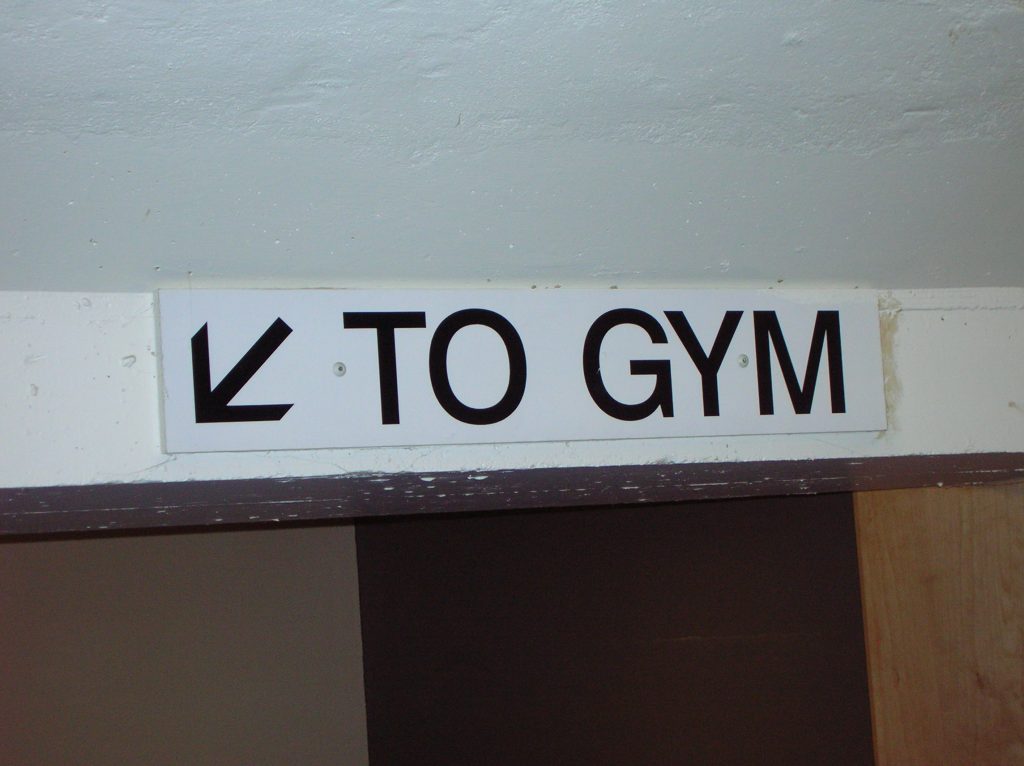 Sometimes procedural rules are overlooked as merely a peripheral aspect of a lawsuit. However, nothing could be further from the truth. Oftentimes you need to overcome numerous procedural hurdles just to reach the merits of a case. The following case illustrates the importance of procedure in the practice of law.
Sometimes procedural rules are overlooked as merely a peripheral aspect of a lawsuit. However, nothing could be further from the truth. Oftentimes you need to overcome numerous procedural hurdles just to reach the merits of a case. The following case illustrates the importance of procedure in the practice of law.
The subject of this case centers on certain events that took place after the death of Alma Payton in New Orleans, LA; the plaintiffs are Payton’s heirs. Plaintiffs argued that Lake Lawn Park, Inc. (Lake Lawn) and Lawyer’s Title of Louisiana, Inc. (Lawyer’s Title) was negligent in connection with the distribution of Payton’s property after her death. Plaintiffs alleged that Lawyer’s Title failed to disburse payments to Lake Lawn that were intended to cover Payton’s burial. As a result, Lake Lawn moved Payton’s remains to a burial ground designated for indigents.
Eventually, Lake Lawn returned Payton’s remains to the original burial place at its own cost and the lawsuit against it was dismissed. However, the lawsuit against Lawyer’s Title was still pending, although not making any progress. As a result, Lawyer’s Title filed a motion to dismiss the action as abandoned nearly eight years after Plaintiffs filed their complaint. The District Court granted Lawyer’s Title’s motion. Subsequently, Plaintiffs filed a motion for devolutive appeal of the order of dismissal.
 Louisiana Personal Injury Lawyer Blog
Louisiana Personal Injury Lawyer Blog


 Many people own a gym membership but upwards of 80% of those people fail to regularly go to the gym. If you find yourself infrequently inside of a gym, it can seem like a strange place. There are many different machines and sometimes it isn’t so clear how to properly use those machines. Indeed, misuse of gym equipment can result in serious injury. So what sort of duty does a gym owe to its members? The following case may help shed some light on this issue.
Many people own a gym membership but upwards of 80% of those people fail to regularly go to the gym. If you find yourself infrequently inside of a gym, it can seem like a strange place. There are many different machines and sometimes it isn’t so clear how to properly use those machines. Indeed, misuse of gym equipment can result in serious injury. So what sort of duty does a gym owe to its members? The following case may help shed some light on this issue.  Louisiana has laws in place requiring drivers to carry car insurance. However, insurance policies are not uniform and some policies may contain ambiguities or be silent altogether on specific issues. The following case illustrates such a scenario.
Louisiana has laws in place requiring drivers to carry car insurance. However, insurance policies are not uniform and some policies may contain ambiguities or be silent altogether on specific issues. The following case illustrates such a scenario. When you let a friend borrow your car you probably don’t give much thought to who’s insurance policy would cover any potential accidents. Insurance policies contain many loopholes that can exclude coverage when an accident occurs. The following case out of Lafayette, discusses the problems that can arise when a friendly gesture turns into a legal nightmare for the parties involved.
When you let a friend borrow your car you probably don’t give much thought to who’s insurance policy would cover any potential accidents. Insurance policies contain many loopholes that can exclude coverage when an accident occurs. The following case out of Lafayette, discusses the problems that can arise when a friendly gesture turns into a legal nightmare for the parties involved. In Louisiana, a victim of fraud can recover actual damages resulting from the fraud, treble damages up to three times the amount of actual damages, and reasonable attorneys fees and costs. However, this potentially large recovery is barred by a peremptory period if the defrauded party doesn’t bring the lawsuit within one year. In certain cases, the issue of when exactly this one-year timer starts can be dispositive. The following case dealing with two real estate transactions illustrates the point.
In Louisiana, a victim of fraud can recover actual damages resulting from the fraud, treble damages up to three times the amount of actual damages, and reasonable attorneys fees and costs. However, this potentially large recovery is barred by a peremptory period if the defrauded party doesn’t bring the lawsuit within one year. In certain cases, the issue of when exactly this one-year timer starts can be dispositive. The following case dealing with two real estate transactions illustrates the point.  Wrongful demolition is a cause of action rarely invoked because the events giving rise to such an action rarely occur. Essentially, a claim for wrongful demolition arises when a plaintiff’s property was mistakenly or wrongfully demolished. In the following case, Morgan Moss found himself in the unique position of asserting such a claim against the town of Rayville, Louisiana. See
Wrongful demolition is a cause of action rarely invoked because the events giving rise to such an action rarely occur. Essentially, a claim for wrongful demolition arises when a plaintiff’s property was mistakenly or wrongfully demolished. In the following case, Morgan Moss found himself in the unique position of asserting such a claim against the town of Rayville, Louisiana. See  Medical malpractice can be a nuanced area of the law and good lawyers rely on the facts of a case coupled with their knowledge of the law and expert opinions to adequately perform their jobs. The following case illustrates that a competent legal team can make the most out of a tragic situation by obtaining some measure of justice and relief for a victim via compensation from the responsible parties.
Medical malpractice can be a nuanced area of the law and good lawyers rely on the facts of a case coupled with their knowledge of the law and expert opinions to adequately perform their jobs. The following case illustrates that a competent legal team can make the most out of a tragic situation by obtaining some measure of justice and relief for a victim via compensation from the responsible parties. A lawsuit out of Lafayette Parish demonstrates how Louisiana law allocates workers’ compensation benefits. To qualify for benefits, an employee must be injured during the course of employment. Temporary Total Disability (TTD) Benefits are paid while the employee is unable to work due to an injury. Supplemental Earnings Benefits (“SEB”) are a bit more technical. SEBs are paid when the injured worker has reached “maximum medical improvement” and is no longer eligible for TTD, but is incapable of earning 90% of pre-accident wages.
A lawsuit out of Lafayette Parish demonstrates how Louisiana law allocates workers’ compensation benefits. To qualify for benefits, an employee must be injured during the course of employment. Temporary Total Disability (TTD) Benefits are paid while the employee is unable to work due to an injury. Supplemental Earnings Benefits (“SEB”) are a bit more technical. SEBs are paid when the injured worker has reached “maximum medical improvement” and is no longer eligible for TTD, but is incapable of earning 90% of pre-accident wages.  When you get hurt on the job, it is common to seek workers’ compensation benefits to help with the costs of your injury. However, the employer will likely at some point seek to diminish or cease payment altogether. In a recent case out of the Parish of Calcasieu, we learn just how far an employer must go in helping a former employee find a replacement job before reducing benefits.
When you get hurt on the job, it is common to seek workers’ compensation benefits to help with the costs of your injury. However, the employer will likely at some point seek to diminish or cease payment altogether. In a recent case out of the Parish of Calcasieu, we learn just how far an employer must go in helping a former employee find a replacement job before reducing benefits.  Ignoring instructions when assembling a coffee table, toys, or other household items may not, in the end, prove highly detrimental. In fact, such practices are commonplace. However, failing to follow the correct procedural steps is ruinous in the world of lawsuits. Recently, the Louisiana Third Circuit Court of Appeal was forced to dismiss an appeal because of a plaintiff’s failure to follow the required procedural steps.
Ignoring instructions when assembling a coffee table, toys, or other household items may not, in the end, prove highly detrimental. In fact, such practices are commonplace. However, failing to follow the correct procedural steps is ruinous in the world of lawsuits. Recently, the Louisiana Third Circuit Court of Appeal was forced to dismiss an appeal because of a plaintiff’s failure to follow the required procedural steps.